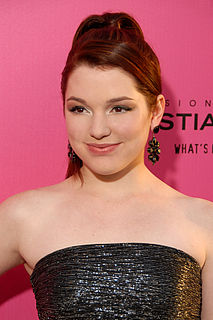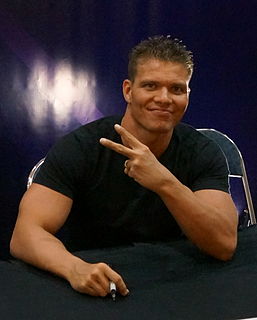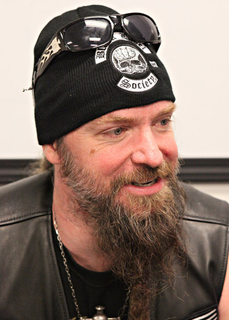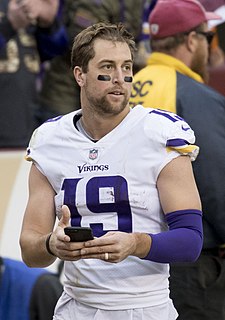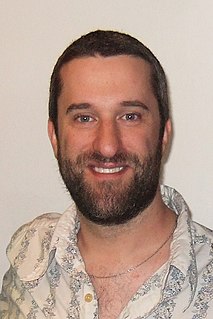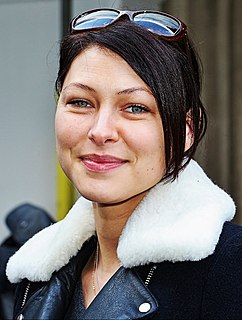A Quote by Christopher Priest
You go back to look over the body of my work, and there are no archetypal villains in my books.
Related Quotes
Growing up, I didn't have any comic books, at all. But my friend had a trunk full of them, so comic books were like candy for me. I would go over to his house for a sleep-over, and I would just be devouring everything I could get my hands on. I knew the sleep-over was going to be over, and I was going to go back to my house and it was going to be Kipling.
Yeah, it's odd when you look back at your own work. Some filmmakers don't look back at their work at all. I look at my work a lot, actually. I feel like I learned something while looking at stuff I've done in terms of what I'm going to do in the future, mistakes I've made and things at work or what have you.
When I'm editing, I tend to cut, go back over it, cut, go back over it, cut, so by the time I'm done, even with a cut, I don't have a rough cut and then work on it so much. I have a pretty rigorous cut of the movie that's usually in the range of what the final movie is going to be. It doesn't mean I don't work on it a lot after that, but I get it into a shape so I feel I can really tell what it needs, or at least it's ready to show people.
I think it's important for anyone who is artistic to look back on their body of work and be critical. Maybe the Beatles can look back and say everything was perfect, but we've come up with hundreds and hundreds of dishes, and anyone who is honest with themselves has to realize that every single one wasn't an absolute, unequivocal home run.
I go - I trace depression back to things. So I go, ok, I look back and I say my self-esteem was affected because of my skin and because my family had no money and I was ashamed of how poor I was. And I look at all of that and I was trying to hide myself. And so I felt like I was less than I was. And so that then leads to you being depressed. And I work on these things.
I've always been interested in people that you wouldn't see otherwise. If you look back at my books, photographs, and films-and since I'm doing this retrospective I've been forced to look back-the work is always about a small group of people who are somewhat isolated, and who you would never see if I didn't film or photograph them.

